
Editor's Note: This story originally appeared on Living on the Cheap.
Having kids is wonderful (if that’s what you want).
I am biased, though. I’m the mother of two young children (ages 5 and 1), who are hilarious, obnoxious, ridiculous, perfect little beings.
One of the things people will always (and truthfully) tell you is — kids are expensive. And, I get that.
Keeping another human (or humans) alive and healthy requires money for food, shelter, clothes and other necessities — and that adds up.
Maximizing love doesn’t mean more stuff
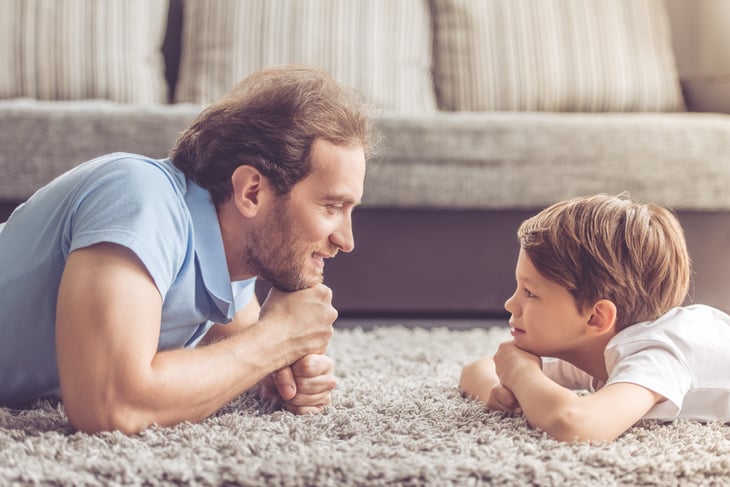
In addition to meeting their basic needs (the true minimalist), I want my children to have a happy childhood, feeling loved and supported. No one wants to be a minimalist parent when it comes to love!
Therefore, if the “extra” money that I spend on toys, activities and entertainment helps my children grow into kind, compassionate, thoughtful, funny and genuine adults, it will be worth it.
But when I step on a (surprisingly sharp) rainbow-colored wooden toy in the middle of the night…
Or, I find myself at the children’s museum using a child-sized toilet…
Or, I’m pulling (yet another) off-brand Hot Wheels car out of the vacuum…
I wonder how much of this “extra” stuff is necessary in my pursuit of raising happy, healthy, lovely humans.
Help from “Hunt, Gather, Parent”

I unexpectedly found the answer to this question in a parenting book called “Hunt, Gather, Parent” by Michaeleen Doucleff.
“Hunt, Gather, Parent” is centered around one woman’s quest to learn and share parenting techniques from other, non-Western cultures.
I found that Doucleff’s book inadvertently answered some of those questions I’ve been wondering about.
All that ‘extra’ stuff that parents (like me) spend money on? Turns out, it’s not at all necessary for raising happy, healthy, lovely children.
Steps toward becoming a minimalist parent
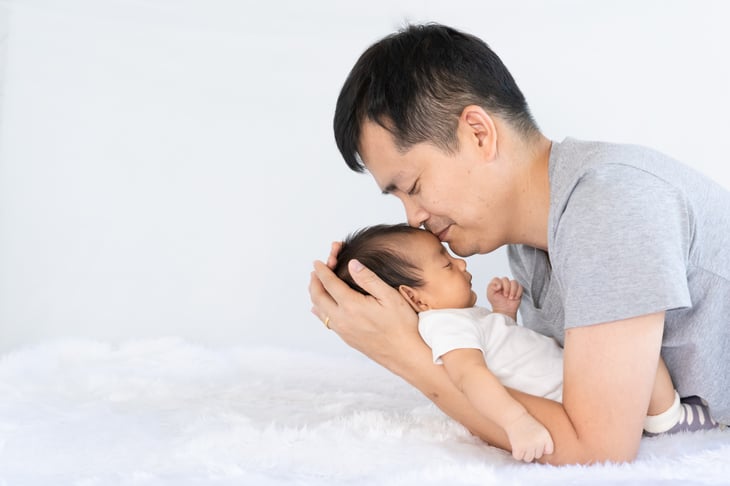
As a side note: The term “minimalist parenting” was popularized in a 2013 book by Christine Koh and Asha Dornfest, “Minimalist Parenting: Enjoy Modern Family Life More By Doing Less.”
The families in Doucleff’s book would just call it “parenting.”
Here are some of my takeaways of “extra” stuff that we’re all spending too much money on when raising children, and what we can do instead.
To minimize: Buying so many toys
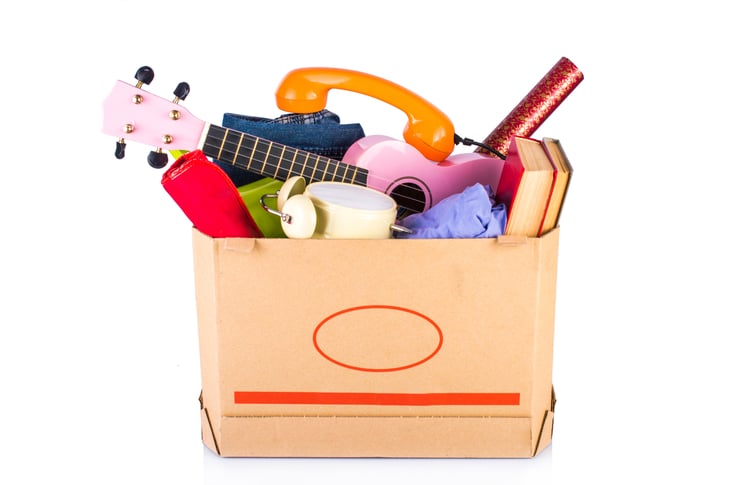
In many other places, kids do not have the overwhelming number of toys that they do here (speaking here both for myself and for many of my friends whose homes I have visited).
And, I think many of us would agree that kids do not need a lot of toys to be happy.
To maximize: Letting your kids decide what a toy is
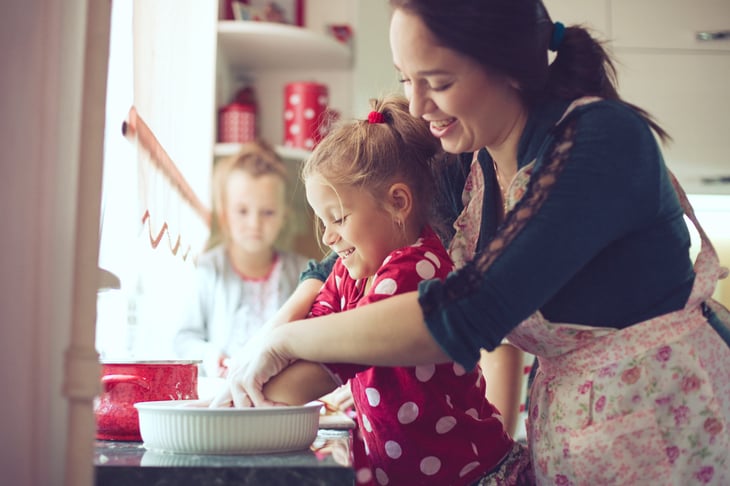
When I stop to think about it, my children’s favorite toys over the years have included a plunger (thoroughly cleaned, of course), cardboard boxes, paper towel tubes, the tags on fabric, and cords (oh, how they love cords!).
Currently my 1-year-old’s favorite ‘toys’ include a small gardening shovel, all the dirt he can grab, and glasses (preferably the ones on your face).
Those oh-so-cute (and expensive) hermit crab and blue whale stuffed animals we bought them? Those are collecting dust on a shelf somewhere.
Moral of the story? Kids don’t need more toys because they can make toys out of anything – and we should let them do so more often!
Not only does it save money, it generates less stuff (and less stepping on sharp toys in the dark), and (bonus!) is better for the environment.
To minimize: Spending money on activities centered solely around children
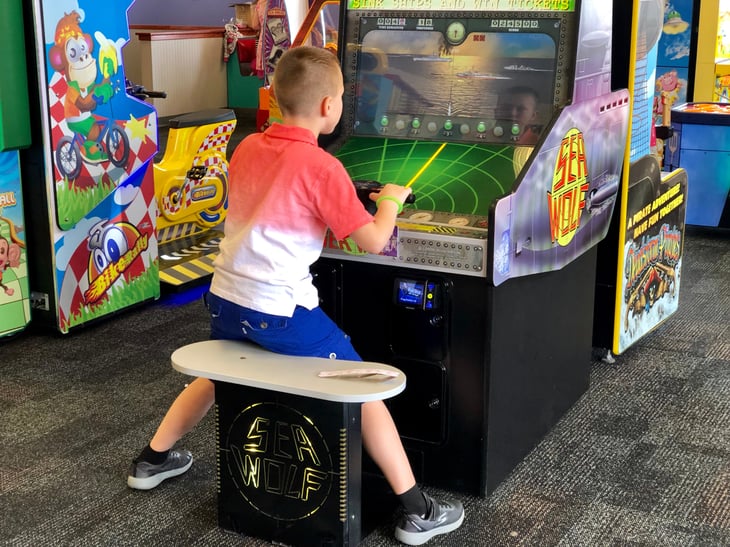
The intense kid-centric view we tend to take here in the U.S. (again, myself included) is not the norm.
In many other cultures and places, the focus is on the family dynamic.
Everything is centered around the family – doing things the family needs to function (groceries, laundry, cooking).
This means that children are actively included and involved in the household activities (chores, maintenance, routines).
It also means letting children practice using (playing with, even!) everyday objects (keys, anyone?).
To maximize: Centering ‘family time’ around the whole family instead
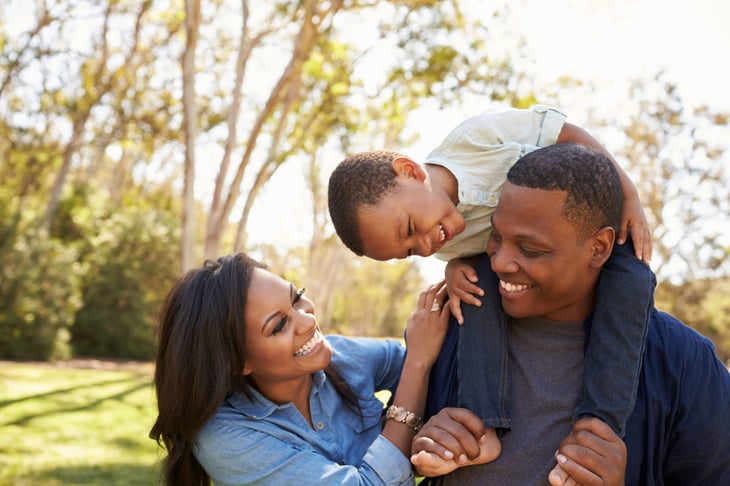
The exciting thing about the family-centered approach is that it means doing activities that everyone in the family enjoys.
If half of your family does not enjoy going to the children’s museum, don’t buy tickets for four people, only two of whom might enjoy the experience.
If some people in your family have a fear of heights and fast-moving objects, don’t waste your time and money going to amusement parks.
And, for goodness sake, do NOT spend money going to a horrible kid movie (I’m looking at you, The Emoji Movie from a few years ago) … unless that is your thing.
Rather, spend time thoughtfully choosing activities that are fun for everyone (or, nearly everyone).
Being thoughtful in spending time and money
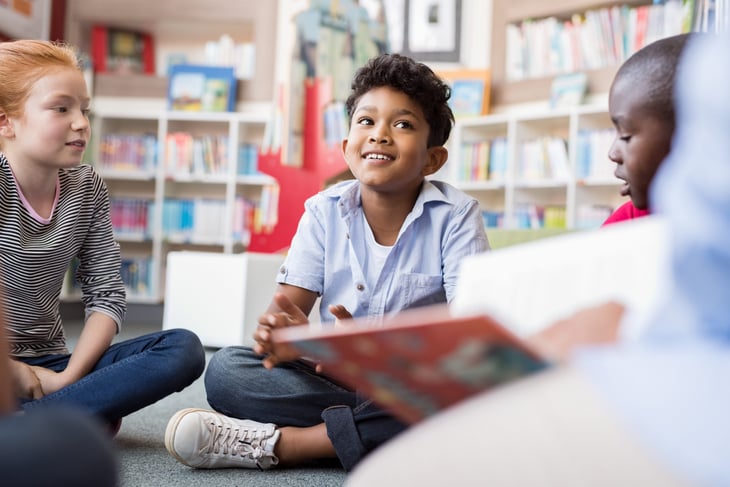
In my family, we all love to read. So, we go to the library. We go to bookshops. We give and get books as presents.
Similarly, we love nature, traveling and animals – so we spend our time and money on experiences (national parks! aquariums! hikes!) that allow us to do these things. Best of all, enjoying nature is often totally free!
While none of these ideas presented in the book are necessarily shocking, it was so nice to have a refreshingly different take on parenting; one that isn’t based on the latest trends/fads/research but grounded in common-sense ideas that have been used for centuries.
It helped me better understand things I’ve noticed in my children—like their constant offers to help or their lack of long-term interest in toys.
It also has helped teach me to be more thoughtful about how I choose which “extra” stuff to spend my money on in my pursuit to raise kind, happy little humans.
And, while Dr. Doucleff didn’t say this directly in the book, I’m pretty sure she would agree that—based on her extensive research—I never have to step foot in Chuck-E-Cheese ever again.





Add a Comment
Our Policy: We welcome relevant and respectful comments in order to foster healthy and informative discussions. All other comments may be removed. Comments with links are automatically held for moderation.